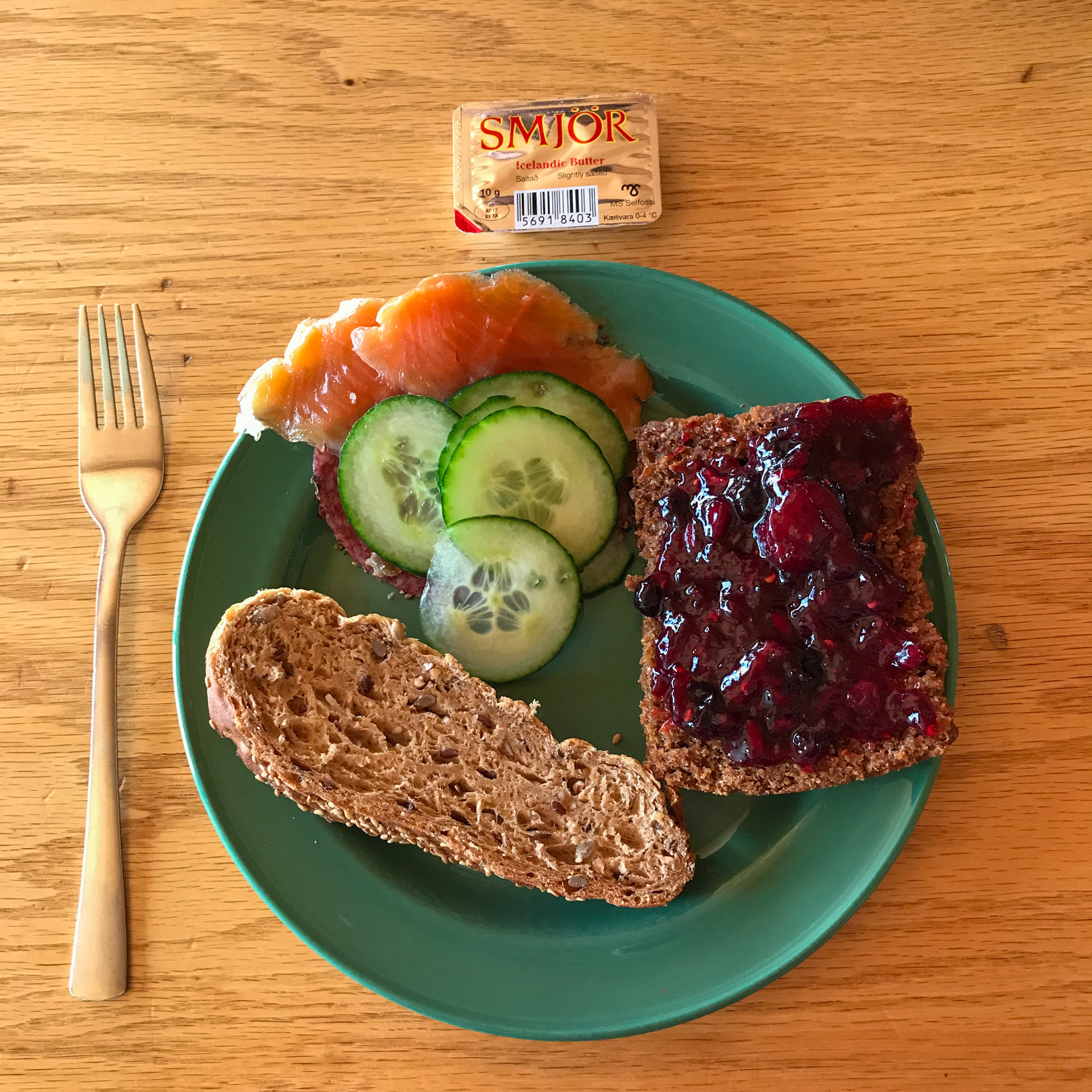This blog is a follow up to The Truth about Intermittent Fasting which is an in-depth look at my personal experience with intermittent fasting and how it impacted my struggle with anorexia and binge eating.
It’s a great blog for anyone who has disordered eating, body image issues, and those who are tired of generalized nutrition advice that’s so hyped up it’s hard to tell what’s a money making trend and what’s actually helpful for your health.
So we’re on the same page, let’s define intermittent fasting.
With intermittent fasting, you’re choosing a period of time to eat and a period of time to not eat, or fast, each day.
The most popular forms of intermittent fasting are the extreme OMAD, or one meal a day, which touts calorie restriction, and 16/8 which is a 16 hour fasting window and an 8 hour eating window.
Some folks also include weekly 24-36 hour fasts in intermittent fasting. For the purposes of this blog I’ve excluded those fasts because to me, they’re an entirely different animal.
As I define it, intermittent fasting is something that can be done most days of the week in order to improve your health.
I’ve been intermittent fasting for over 12 years personally and teaching my patients about it for around 10 years.
Here are my basic recommendations:
#1 No calorie restriction
Intermittent fasting is a time restriction protocol. It was never meant to restrict calories and losing weight isn’t the point.
The point is to give your body a break from spending energy on digestion so it can use that energy to repair itself.
Eat the same amount you would on a normal day, just in a shorter time window.
#2 Start with a 12-13 hour overnight fast and work up to 16 hours max if you want
The bulk of fasting should not be done during the day. Your 8-12 hour eating window should take up most of your day and your fast should mostly be while you’re sleeping.
Try starting with an 8PM - 8AM fast if that works with your schedule. Allow 2 weeks for your hormones to adapt and see how you feel. Then start playing around by adding an hour to your fast and again waiting 2 weeks to see how you feel.
It can be tempting to add all of your fasting time to the morning so you can continue to eat later into the evening.
However, eating late can cause you to gain weight as you’ve already used up most of your energy for the day. Energy from your food is more likely to be stored rather than be burned off.
Eating late can also create heartburn and make it difficult to sleep.
In Chinese medicine your digestive organs are at their lowest energy between 7-11PM, so ideally you’d finish eating by 7PM.
That advice may or may not be relevant for you depending on your work and sleep schedule.
Many people experience benefits from intermittent fasting just doing a 13-14 hour fast including better energy, more stable blood sugar, decreased inflammation, and better cholesterol.
So if you’re feeling good and noticing improvements, there’s no need to push yourself the 16 hour mark. The point is for you to feel better, not to hit a certain number of hours without eating.
In general, men do better with longer fasts than women so 16 hours might be more achievable if you’re male. Most of my female patients do very well with 13-14 hour fasts.
If you’re a woman with a period it’s important to know that it will be easier to do longer fasts in the first half of your cycle (bleeding - ovulation) because estrogen is a mild appetite suppressant.
In the second half of your cycle, progesterone is a mild appetite stimulant so it’s best to be more lax about your fasting window during the time between ovulation and the first day of bleeding.
#3 Eat breakfast within 2-3 hours of waking
Your adrenal glands keep your blood sugar stable when you’re not eating. They also manage your stress, electrolytes, and other hormones. In menopause and postmenopause, your adrenal glands get an extra layer of responsibility because they take over making estrogen and progesterone.
Your adrenals are often overworked from chronic stress, too much caffeine, and a lack of sleep or downtime in your day.
If you get up earlier in the morning and try to fast as late as 11AM or 12PM, it’s common to get a major blood sugar crash because your adrenal glands can’t produce enough cortisol to keep your blood sugar stable.
You may get a headache and feel tired, spacey, irritable, moody, and have energy dips and trouble focusing the rest of the day.
Sometimes you won’t experience these issues until a few weeks into trying out intermittent fasting because your adrenal glands had some energy reserves.
But in the long run unless you’re naturally a night owl who wakes up later in the morning, waiting until midday to eat will end up depleting your energy and dysregulating your blood sugar.
Coffee with MCT oil or butter is not a substitute for breakfast. Coffee is a stimulant and you’ll feel better initially, but it’s ultimately depleting and tends to stress your adrenal glands.
A solid breakfast with fat, protein, and carbs within a couple hours of waking up can do wonders to help balance your energy and blood sugar throughout the day.
#4 No rigid time windows
Give yourself a wider eating window if you’re stressed, your sleep has sucked, you’re in the second half of your menstrual cycle (ovulation to right before your bleed), you’re feeling fatigued, or if you have social engagements.
Being overly rigid with protocols disconnects you from your body and is detrimental to your health.
You’re shooting for a long term habit that helps you feel better over time, not perfection.
#5 Stay connected to how you feel
This is the most important part of the process.
None of my other advice matters if you’re not staying in tune with your body, listening, and adapting to your own needs.
One of the biggest benefits of intermittent fasting is that it can connect with your true hunger signals. These are different from mouth hunger impulses which occur from boredom or unregulated emotions.
Once you’re more connected with your real hunger signals, fasting gets easier. But the whole process of fasting is often a fair amount of emotional work.
So be gentle with yourself if you run into roadblocks around the comfort of your late evening glass of wine, your bedtime snack, or a fear that you’ll gain weight if you start eating breakfast.
Then go deeper and ask yourself what purpose those patterns and thoughts are serving.
They’re there for a reason and the sooner you take an honest look at them, the sooner you’ll start to unravel what they hold for you.
So there you have it! Intermittent fasting can be simple, adaptable, and most importantly, in tune with your needs.
Let me know if you have any further questions in the comments!




